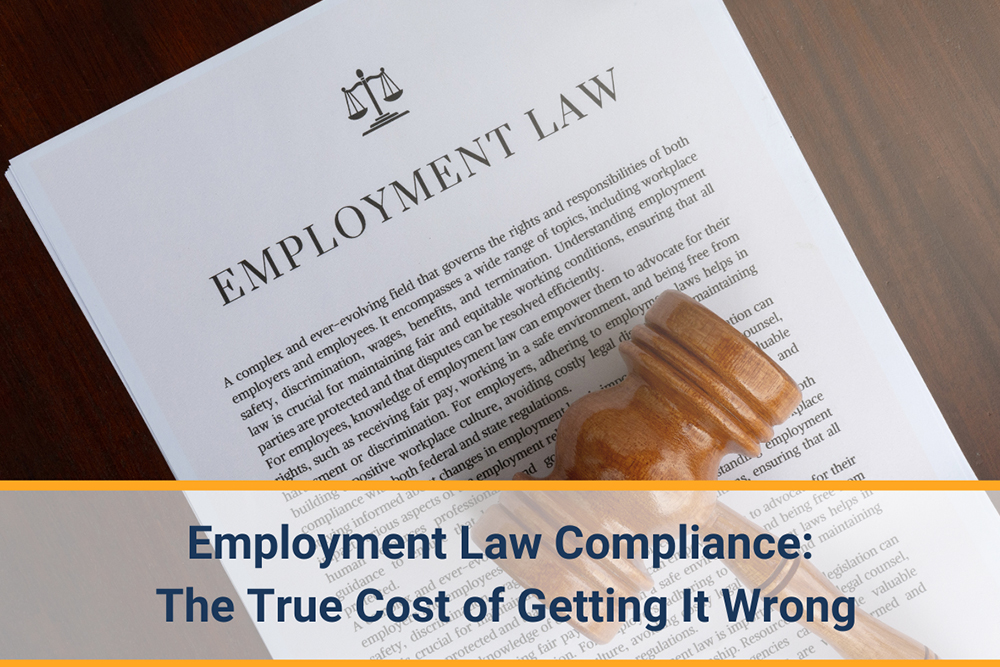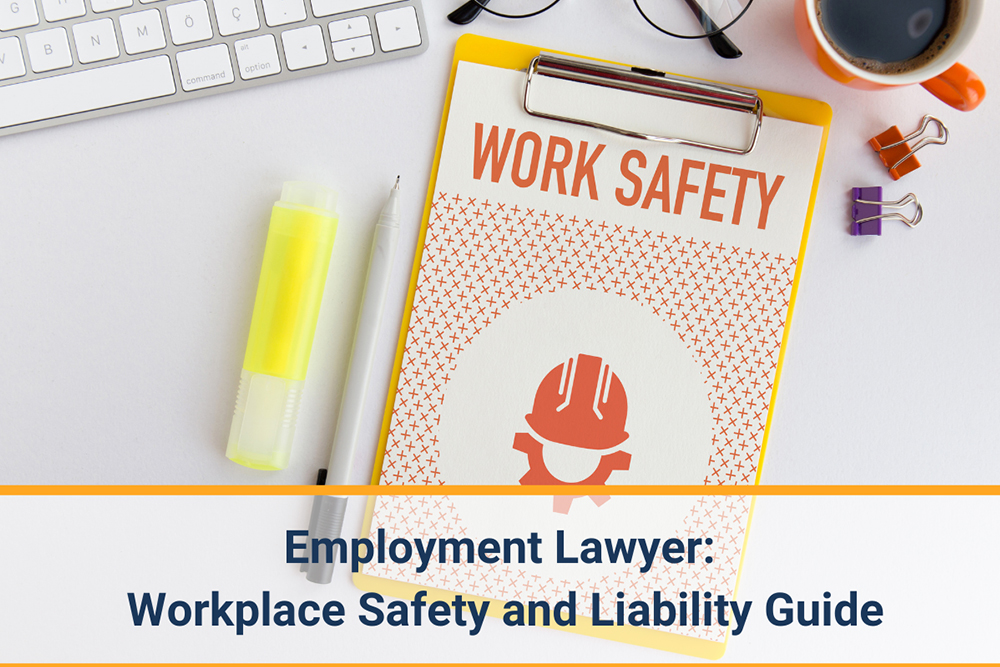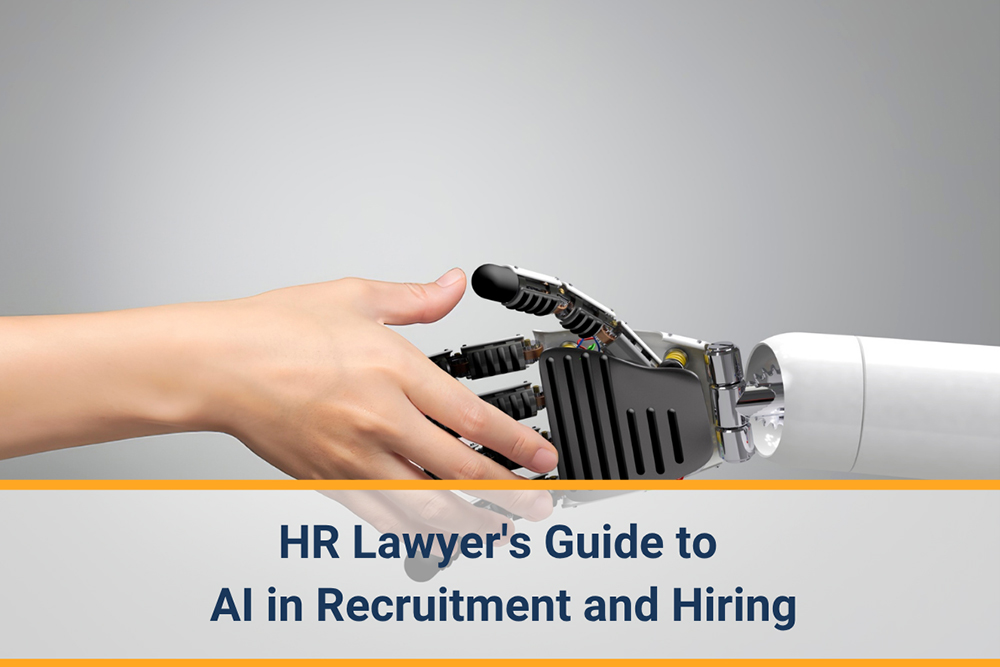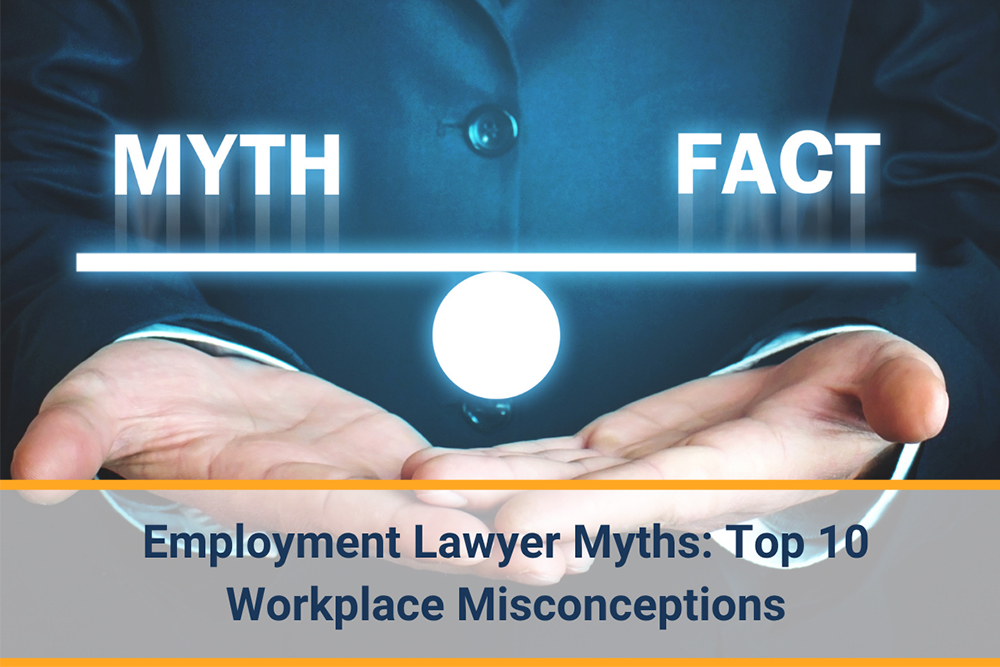Blog
Employment Law Myths: Top 9 Misconceptions Debunked
April 8, 2025 Leslie Smith

As an employment lawyer practicing in Ontario for over two decades, I've encountered numerous misconceptions about Canadian employment law. These myths can lead to costly mistakes for both employers and employees. Today, I'm debunking the top 10 employment law myths to help you navigate workplace relationships more effectively.
Employment Law Myth #1: "Employment at Will" Exists in Canada
Perhaps the most pervasive employment law myth stems from American media influence. Unlike the U.S., Canada does not recognize "employment at will." This means Canadian employers cannot terminate employees without notice or cause. Instead, employers must provide reasonable notice or pay in lieu of notice when terminating employees without cause. The only exceptions are terminations for just cause, which have a very high threshold in Canadian courts.
Employment Law Myth #2: Severance is Only One Week Per Year of Service
Many Canadians believe severance equals one week per year of service. However, employment law in Canada establishes this as merely the statutory minimum in most provinces. Common law entitlements typically provide significantly more, often ranging from 3–4 weeks per year of service. Factors such as age, position, length of service, and availability of similar employment all influence severance calculations.
Employment Law Myth #3: Written Contracts Always Override Common Law
While written employment contracts are important, they don't automatically override common law principles. For employment law provisions to be enforceable, they must:
- Be clear and unambiguous
- Comply with minimum employment standards
- Provide valid consideration if added after employment begins
- Not be unconscionable or contrary to public policy
Courts regularly strike down termination clauses that attempt to provide less than statutory minimums.
Employment Law Myth #4: Probationary Employees Have No Rights
Many believe probationary employees can be dismissed without consequences. However, employment law protects all employees from day one. While statutory notice requirements may be minimal for short-service employees, human rights protections apply immediately. Additionally, if your contract doesn't explicitly include a probationary period, common law notice requirements may apply even to new employees.
Employment Law Myth #5: Independent Contractors Cannot Claim Employment Rights
The label "independent contractor" doesn't automatically determine your status under employment law. Courts look beyond titles to examine the true nature of the relationship. Factors include:
- Control over work methods
- Ownership of tools and equipment
- Opportunity for profit/risk of loss
- Integration into the business
Many workers classified as "independent contractors" are actually dependent contractors or employees entitled to employment law protections.
Employment Law Myth #6: Employers Can Make Unilateral Changes to Employment Terms
Significant changes to employment terms without proper notice can constitute constructive dismissal under Canadian employment law. Employers cannot unilaterally:
- Reduce compensation
- Substantially change job duties
- Relocate employees to distant locations
- Alter working hours significantly
Such changes may entitle employees to treat the employment relationship as terminated and seek severance.
Employment Law Myth #7: Workplace Harassment Must Be Reported Immediately
While prompt reporting is beneficial, employment law doesn't require immediate reporting of harassment. Many valid reasons exist for delayed reporting, including fear of retaliation, power imbalances, and trauma responses. Employers must investigate all harassment complaints, regardless of when they're reported.
Employment Law Myth #8: Only Formal Written Resignations Count
Contrary to popular belief, employment law recognizes various forms of resignation. Clear verbal resignations can be binding. However, heat-of-the-moment resignations may not be enforceable if retracted promptly. Employers should seek confirmation of resignation intent rather than immediately accepting emotional statements.
Employment Law Myth #9: Overtime Only Applies to Hourly Workers
Employment law overtime provisions apply to most employees, regardless of payment structure. Salaried employees are generally entitled to overtime unless they fall into specific exempt categories, such as managers with actual supervisory authority or certain professionals. Simply labeling someone as "manager" or paying a salary doesn't automatically exempt them from overtime requirements.
Navigating Employment Law Reality
Understanding these employment law realities helps both employers and employees make informed decisions. For employers, it means implementing compliant policies and practices. For employees, it means knowing your rights and when to seek legal advice.
At Leslie J. Smith Law, we provide comprehensive employment law guidance to navigate these complex issues. Contact us at 905-257-7714 for assistance with your specific employment law questions.
Remember, employment relationships are governed by a complex framework of legislation, common law, and contractual principles. When in doubt, consult with an employment law professional to ensure your decisions are based on facts, not myths.
Archive

January 22, 2026 | Leslie Smith

December 5, 2025 | Leslie Smith

November 20, 2025 | Leslie Smith

October 19, 2025 | Leslie Smith

September 19, 2025 | Leslie Smith

August 6, 2025 | Leslie Smith

July 17, 2025 | Leslie Smith

June 12, 2025 | Leslie Smith

May 11, 2025 | Leslie Smith

April 8, 2025 | Leslie Smith

March 8, 2025 | Leslie Smith

February 5, 2025 | Leslie Smith

January 25, 2025 | Leslie Smith

January 11, 2025 | Leslie Smith

December 10, 2024 | Leslie Smith

December 5, 2024 | Leslie Smith

November 9, 2024 | Leslie Smith

October 18, 2024 | Leslie Smith

July 14, 2022 | Leslie Smith

April 22, 2022 | Leslie Smith








